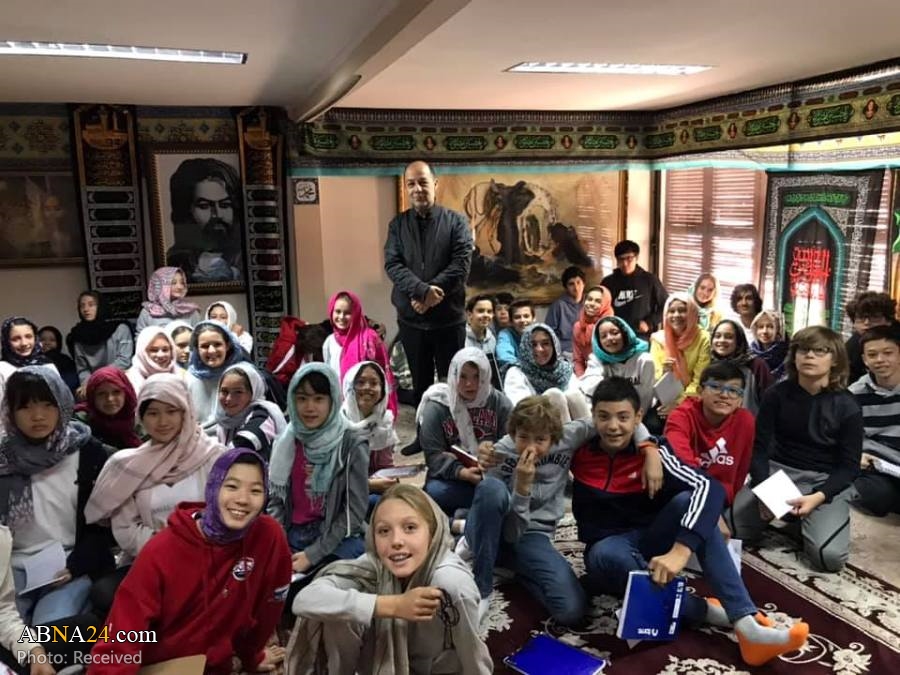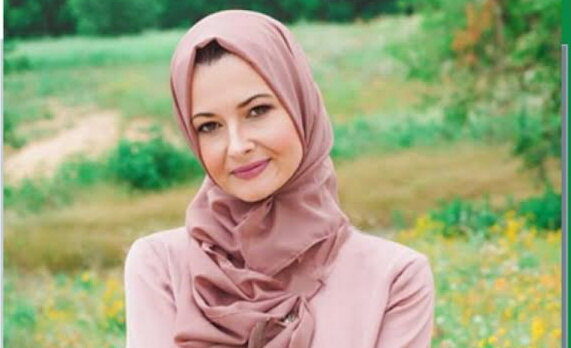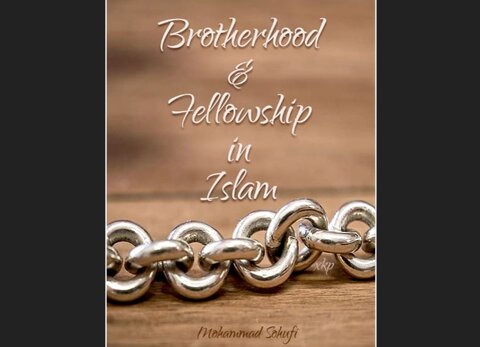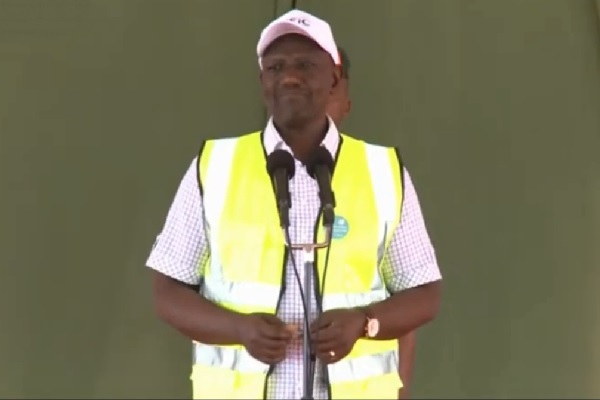According to Rahyafte(the missionaries and converts website):The neighborhood row between immigrant Muslims and non-Muslim Koreans in Daegu, South Korea over the construction of the mosque has worsened recently.
The construction of the mosque near Kyungpook National University in the Buk-gu area of Daegu remains suspended amid protests from the residents, Catholic Peace Broadcasting Corporation (CPBC) reported on May 21.
Non-Muslim residents have opposed the mosque plan since it was first floated in 2020, saying a place of worship is not suitable for a residential area.
The mosque plan came as the university has seen a rise in the admission of Muslim students from parts of Korea and other countries in recent years and the need for a prayer house for them emerged, according to the report.
The protesters have collected signatures to resist the mosque and filed a complaint for a court injunction. Meanwhile, the local government issued an administrative order to halt the construction immediately.
However, the order was overturned with a court ruling, and construction resumed. However, the uproar from residents continued.
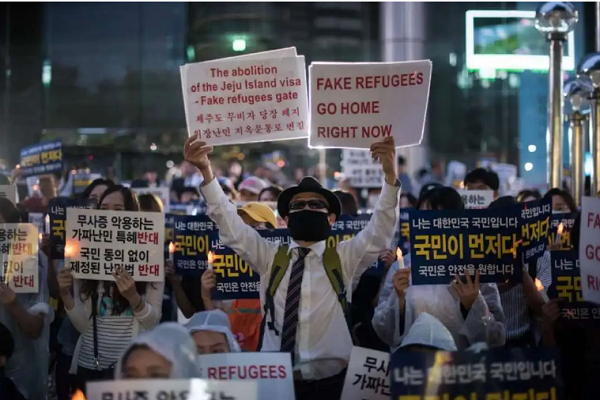
The conflict intensified in recent weeks as the opponents hung a series of banners in the area against the mosque’s construction.
The row turned ugly when unknown people left the heads of pigs in front of a temporary Muslim prayer center in Buk-gu. Pork is a banned food for Muslims.
Ismail, a Muslim student from Pakistan said that the conflict hurts Muslims, but they won’t give up their fight for their right.
“It hurts us, and we endure the pain with a heavy heart. We do not want to curse, but we will continue the fight,” he said.
Seo Jae-won, head of a local residents’ committee opposing the mosque’s construction, denied any wrongdoing.
“The media reported as if we consider Muslims as enemies, which is not true. We are not suppressing their religious freedom. We are standing for people who do not want to see a mosque in a residential area,” he said.
In March, the National Human Rights Commission of Korea issued a statement and urged the local government to tackle the alleged hatred and discrimination over the mosque’s construction.
Seo Chang-ho, head of the Committee for Peaceful Resolution, regretted that the issue could have been resolved amicably but had lingered because of the failure of the local public institutions.
“The stand of the public institutions gave the wrong signal and intensified the problem. Now, we need to apologize and instead organize various programs to promote dialogue for peaceful coexistence,” he said.
Father Lee Gwan-hong, director of Pastoral Affairs at the Archdiocese of Daegu, noted that Christians and Muslims should follow and implement the human fraternity document signed by Pope Francis and Ahmed Al-Tayeb, Grand Imam of Al-Azhar, during the pope’s visit to Abu Dhabi four years ago.
It emphasized a culture of dialogue and understanding between Christians and Muslims, as well as a duty to protect places of worship.
“It is important to maintain universal brotherhood in the heart and put it into practice,” Lee said.
“If we want to live in diversity and enrich ourselves, we must stop arguments and make concessions by accepting the differences of others,” the priest added.
Muslims in Korea are estimated to number around 200,000, or 0.4 percent of the 51.7 million population, according to the Korean Muslim Federation.
Media reports say Islamophobia was first sparked in Korea in 2004 when Kim Sun-il, a Korean interpreter and Christian missionary in Iraq was kidnapped and beheaded by an extremist outfit linked to al-Qaeda.
It was intensified in 2007 when Taliban fighters in Afghanistan kidnapped 23 Korean missionaries.
Two were killed before the government struck a deal and the captives were eventually released after 40 days.
In 2018, a section of the Korean media attempted to vilify Muslims when 550 Yemeni asylum seekers landed on Jeju Island through a 30-day visa-free entry system.
Some media described the group as “terrorists disguising themselves as asylum seekers.”
This triggered an angry response from Koreans and about 700,000 people signed an online petition seeking the abolition of the country’s Refugee Act.
The xenophobia against Muslims prompted interfaith groups and the Catholic Church to conduct dialogue programs to dispel misconceptions about Islam, in recent years.
Source: ucanews.com






